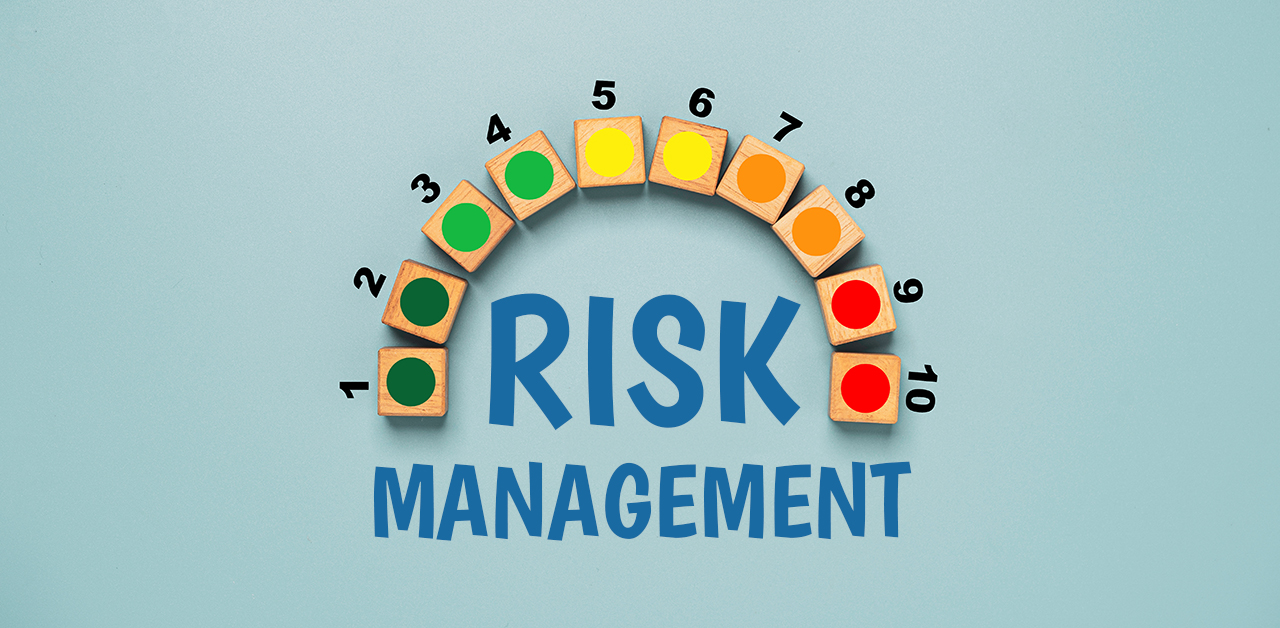Hard Drive Destruction Tips
As technology advances, businesses are constantly having to find ways to stay current with modern computer standards. A large percentage of companies may find it necessary to recycle or dispose of their old hard drives on a large scale, i.e. replacing hundreds of computers and monitors at the same time. Luckily there are safe solutions and procedures that any business can adhere to in ensuring that not only the physical hard drives are dealt with properly, but also that the sensitive data found within the computers’ hard drives are handled correctly.
As a business or company in need of disposal servicing, there are certain certifications and group affiliations that can guide you properly in choosing the right recycling company. The Environmental Protection Agency (EPA) requires that all electronic recyclers become Responsible Recycling Practices Certified (R2). What this ensures is that the recycler that you choose to deal with has met all the legal requirements and standards in regards to safely recycling and handling electronics.
It is also worth mentioning the National Association for Information Destruction (NAID) and Defense Logistics Information Service (DLIS) – These two groups that hold a military-level of validation in being affiliated with, giving businesses the absolute security that their data can stored in full and total confidentiality.
Upon processing and shredding of hardware, it may be of best practice to also seek a company that is able to provide certificates of destruction. This proof of destruction not only certifies that the hard drive was correctly disposed of, but also it provides information such as when and where the disposal took place, reasons for disposal, and who handled the process. This protects not only the company handling the recycling but more importantly the customer (in the case that information theft were to occur).
Some companies even go as far as to offer on-site destruction of your hard drives within the confines of your own premises. What this accomplishes is eliminating the need for courier services and it potentially prevents any theft of sensitive and confidential data that may occur once the hardware has left your facility. Whether onsite or offsite, both methods hold positive merits that surely meet any company’s criteria in safe disposal.
And while taking all of these things into consideration, it is imperative that all businesses comprehend the real importance of safe electronics removal. Many electronics carry numerous materials that will not only harm the average person if disposed of improperly but may even carry environmental repercussions as a result. Always do your best to research your recycling company candidates thoroughly, and you can rest assured knowing that your hardware and information is in safe hands.


